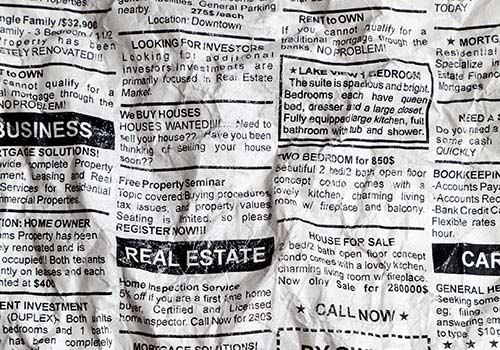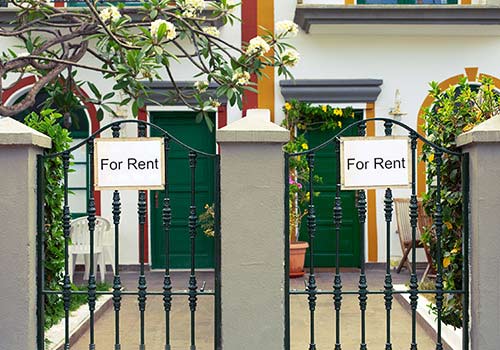June 12, 2020 | Posted by: Maxium Maurice Dsouza
One of the biggest fears that home sellers have is that their property will end up on the real estate market for months on end. This is a nightmare for a number of reasons. First of all, having your house listed on the market for more than a month or two can cause a huge strain on your finances, especially if you’ve just moved into a new home. Secondly, a house that has been on the market for a long period of time is less likely to sell, often because buyers come to assume there is something wrong with it. If your house has been on the market for more than a few months, and you’re sure you’ve priced it right, then there may be an unseen factor that is hurting your chances at selling. Here are four such factors that could be hindering your home sale:

1. Messy neighbors
You may have put a lot of time and resources into making sure your home’s curb appeal is top notch. However, your home’s curb appeal can be affected by your neighbor’s lack thereof. If you live next to someone who has neglected their yard, buyers can easily be turned off. This is especially true if your neighbor’s yard isn’t just overgrown and unkempt, but has also become a mini-junkyard of sorts, the landscape littered with rusted and broken lawn equipment. This can be difficult to deal with, since you can’t force your neighbor to do anything about it. Try organizing a block-wide cleanup in the hopes that the neighbor will take part as well. If this doesn’t work, try talking to the neighbor — you can even offer to help. If this still doesn’t get you anywhere, there’s a good chance your local health or zoning department will help if your situation is truly intolerable.
2.Poor parking
Does your house require off-site parking? Does your street have weekly street cleanings that require half the road to be cleared? These are issues that can become a real nuisance to some people, especially buyers that have more than one car in their family. If there are issues with parking, then buyers are going to figure it out right away as they try to find a place to park in order to come look at your home. Consider offering to pay the first month’s fee at a nearby garage or to pay for a resident parking sticker as an incentive.
3. Thin walls and ceilings
Can you clearly hear when someone is walking around upstairs? If you turn the TV on in your living room, can you hear it in every other room of your house? If so, your home probably has thin walls and ceilings. Not only will buyers be discouraged by the fact that they can hear every sound disturbance from anywhere the house, but they’ll be turned off by the lack of privacy that this affords them. There are a few solutions to this. Adding carpeting to your flooring can help create sound barriers, although this is a typically costly improvement. A more affordable alternative would be to have cellulose insulation blown into your walls and ceilings. Not only can this help reduce the amount of sound that travels from room to room, it can also have a positive effect on the heating costs of the home.
Noise pollution
You may still have an issue with outdoor sounds leaking into your home even if you’ve taken care of your thin walls and ceilings. If your home is located near a busy road or a train line, then these sounds will most likely be heard inside of your house. You may have gotten used to these sounds years ago. The first thing you should do is look up local noise regulations to see if there are any nearby violations you can report. Other solutions include making sure to seal any gaps around your home that could be letting sound in, such as around your windows. You may need to caulk your windows to help prevent outdoor sound from penetrating your home. Blackout curtains can help a great deal as well.
Sometimes, no matter what you do in terms of prepping your own home for sale, there could be unseen influences that are killing your sale. These are some of the more common hidden problems that could be driving potential buyers away.



